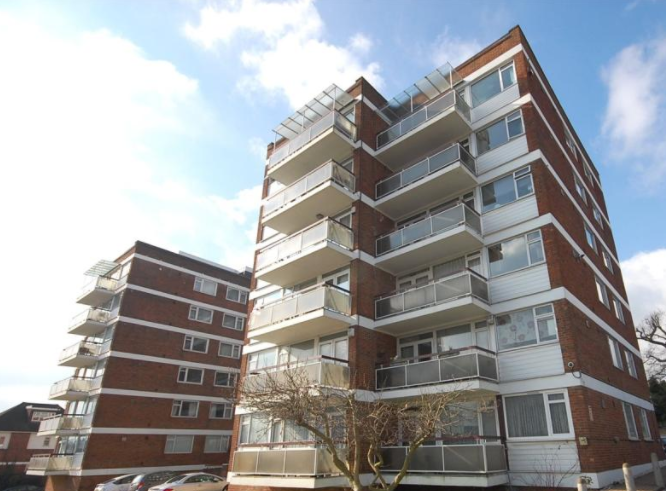Commonhold And Leasehold Reform Right To Manage Essentials
If you have a flat and the administration of the shared parts of the estate is under the jurisdiction of your freeholder, then you are able to take that control away. The law will allow for flat owners to follow a detailed procedure and set up your own body that has responsibility for matters like cleaning the house windows, cleaning the hallways, garden maintenance, roof repairs, electricity in the communal parts and lots of other amenities.
Why would someone like to do that? Well under The Commonhold and Leasehold Reform Act 2002 flat owners will not need to tell a freeholder a reason. It is thus designated a ‘no-fault’ right and the course of action is referred to as Right to Manage. As such, there is no necessity to provide evidence of negligence by the body looking after the management -you can go ahead and do it.
The maintenance and other elements of the communal locations of the development are typically taken care of by a organisation called as a managing agent. It is crucial to tell apart between this and a residents’ management company or management company. The managing agent will be a third party organisation that is contracted to look after established elements of the management. They are typically employed by the development’s management company.
The operating styles do vary and a few smaller developments cope with the maintenance themselves and divide up the jobs among the leaseholders. It is agreed who will coordinate with the contractors and how they might be remunerated. Or even certain work like the garden maintenance could be undertaken by the flat owners themselves, although the lay person may perhaps not be on familiar terms with the full legal obligations of management that still need to be followed.
The majority of developments will need a managing agent who specialises in negotiation with suppliers, handling compliance, scheduling works, quality control and the scores of varied aspects of maintaining a big structure and its grounds.
The motivators for making the large change and exercising the Right to Manage may be drawn from a number of alternatives. These consist of the perception that leaseholders are being overcharged. It is very regular for flat owners to believe that they are not getting value for money from their managing agent. This is particularly true if the managing agent is either controlled by or even owned by the freeholder of the estate. Some might argue this leads to a conflict of interest, particularly if the freeholder might benefit financially from the maintenance charges imposed on leaseholders.
Even if the managing agent is autonomous of the freeholder – though still appointed by them – in many cases lessees cannot replace the provider. RTM changes all that. Where standard of service difficulties are determined, leaseholders may now influence their own future and appoint a managing agent that is able to upgrade the standard of gardening, for instance.
One of the more normal reasons to want to change the property management company is poor quality of communication. This might be the communication between the leaseholders and the managing agent or among the contractors and the managing agent. In either case, residents experience considerable frustration in even getting lightbulbs changed in hallways.
If there is friction amid owners and the freeholder, alas RTM does not get to the bottom of this. The reason is that the freeholder has a right to have membership of the RTM body, thus they will nonetheless need to be consulted and included in all facets of the development’s maintenance.
It must be borne in mind that undertaking RTM does not automatically mean tenants will alter the management. It will rely on the most important motivation for undertaking Right to Manage. If the managing agent is autonomous to the freeholder but contracted and chosen by them, they will very likely want to pitch for the fresh contract when the RTM company takes over from the freeholder. These negotiations might stipulate superior standard for the same charge or a more affordable rate for the same standard. In many cases, it is a case of the “devil you know”. In some instances, the bond linking tenants and the managing agent may have broken down and confidence lost to such an extent that any entity excluding the incumbent might be considered.
Lessees very regularly underestimate the work of the managing agent. An RTM company is a lot of work to set up and administrate. It will require directors, regular meetings, consultation with neighbours and comes with legal obligations for the newly appointed directors. The reality of this supplementary burden on the organising tenants might dissuade them from the procedure, so be watchful of the duties before you initiate an RTM process.
Communication between all parties is fundamental. However deficient your existing managing agent, recognise that a giant amount of consultation between the contractors, short-lease tenants, freeholders and managing agents is supposed to constantly take place. It is extraordinarily time consuming, emotionally draining and demands good organisational and negotiation skills. Furthermore, the tenants concerned in liaising with the managing agent will change as the ownership of the apartments change, so there is ever-changing needs and demands.
Whether you decide to exercise your Right to Manage or not, the important thing is to weigh up the options and understand all the implications. Speak to your local managing agents, especially if they are members of professional groups, and get their advice.


